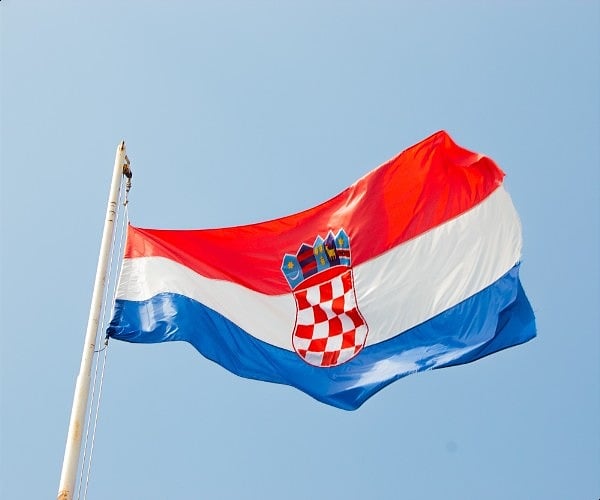Croatia is embarking on a historic year as it joins the border-free Schengen zone and adopts the euro as its official currency. This marks a major milestone for the country, which has made significant progress in recent years in terms of economic and political stability.

The Schengen zone is a group of 26 European countries (now 27 with Croatia) that have abolished passport and other types of control at their mutual borders. This allows for free movement of some 400 million people within the zone, making it easier for travellers to move around Europe. Croatia has been working towards joining the Schengen zone for several years, and its accession is expected to take place in the first half of 2023.

Joining the Schengen zone will have a number of benefits for Croatia. It will allow Croatian citizens to travel freely throughout the zone without the need for a visa, making it easier for them to study, work, and travel in other European countries. It will also boost tourism in Croatia, which already accounts for 20% of the country’s GDP, as travellers from other countries in the Schengen zone will no longer need to go through the hassle of obtaining a visa to visit the country.

In addition to joining the Schengen zone, Croatia is also set to ditch its own currency, the kuna, in favor of the euro. The adoption of the euro is seen as a major step forward for Croatia, as it will help to further stabilize the country’s economy and bring it closer to the rest of the European Union. The transition to the euro is expected to take place in 2024, following a two-year preparation period.

The adoption of the euro will also have a number of benefits for Croatia. It will make it easier for Croatian businesses to trade with other countries in the European Union, as they will no longer need to worry about exchange rate fluctuations. It will also make it easier for tourists to visit Croatia, as they will no longer need to exchange their currency for kuna.

The decision to join the Schengen zone and adopt the euro has been met with widespread support in Croatia. However, there are also some concerns about the potential impact on the country’s economy and its ability to maintain control over its own monetary policy.

One concern is that joining the Schengen zone could lead to an increase in illegal immigration, as it will be easier for people to enter the country. However, Croatian officials have assured the public that they have measures in place to prevent this from happening.
IMPORTANT NOTICE:
If you are reading this article anywhere other than on A Luxury Travel Blog, then the chances are that this content has been stolen without permission.
Please make a note of the web address above and contact A Luxury Travel Blog to advise them of this issue.
Thank you for your help in combatting content theft.
Another concern is that the adoption of the euro could lead to a loss of monetary sovereignty, as the country will no longer have control over its own currency. However, the Croatian government has argued that the benefits of adopting the euro outweigh the potential drawbacks, and that it is in the country’s best interests to do so.

Overall, the decision to join the Schengen zone and adopt the euro is seen as a positive step forward for Croatia. It marks a significant milestone for the country, which has made great strides in recent years in terms of economic and political stability. The move is expected to bring a number of benefits to the country, including increased trade, tourism, and investment, and will help to further integrate Croatia into the European Union.


